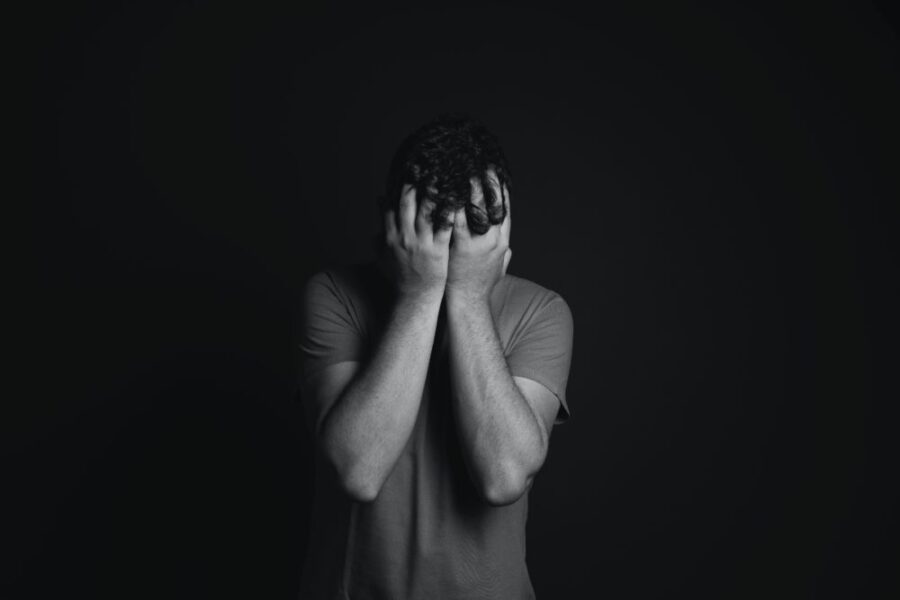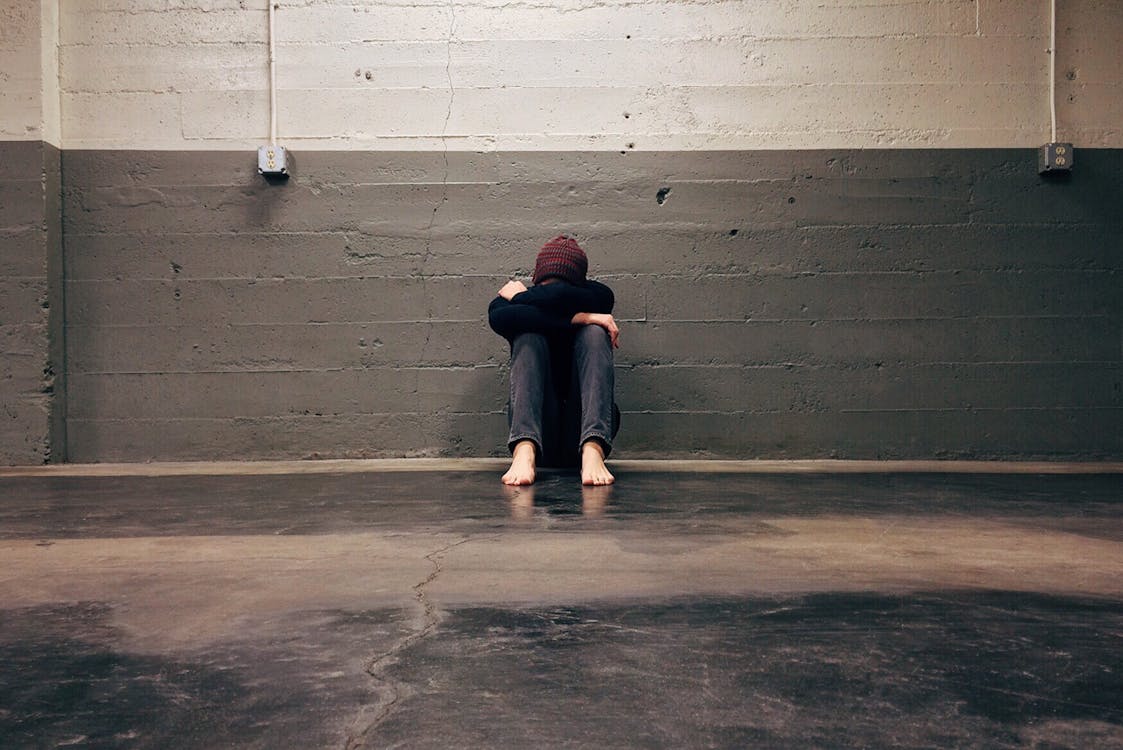
Even though we all struggle with mental health problems, not everyone knows its importance. Each person has a different view on the matter and defines it differently. So the big question is How do you define mental health?
Can mental health even be defined? Absolutely yes. Just like we can talk about our physical health, we can talk about our mental health.
It is vital to know how significant our mental health is. We shouldn’t separate it from our physical health as they both form and define us as human beings. We cannot talk about one without mentioning the other as they simply complete each other.
Thankfully, we have been more open to talking about mental health and mental illnesses lately as we found a place to meet those who feel like us. The internet made it easier for us to know that we aren’t the only ones suffering, that there are people who feel exactly how we feel.
I was able to get in touch with my mental side thanks to the internet. It helped me discover a lot about myself and made me accept who I am. It also convinced me that my feelings are valid and that I wasn’t the only one struggling.
You Are Not Alone

Most of the time when we encounter a mental obstacle our minds convince us that we are alone and that no one shares that feeling with us which is very wrong. That feeling does us nothing but make our problems worse.
When I told my psychologist that I was mentally unstable, she said “Ehssan, no one is stable”. In accepting that you aren’t alone in your struggle, it becomes easier to talk about your feelings and therefore overcome them.
Accepting That You Are Unwell
This isn’t about how you define mental health but rather how you deal with it. Although identifying what’s wrong isn’t easy, it can make healing easier as it’s half of the solution.
It is crucial to know that self-diagnosing is unhealthy and might make your problems worse. A person must go to a professional to get a proper diagnosis and treatment.
In going to a therapist or a psychologist, you also face the truth of not being mentally well and that makes you want to do something about it. Talking about your problems diminishes them and gives you the push you need to overcome them.
Isn’t it funny that when we feel that something is wrong with our body we go straight to the doctor yet we don’t do the same when we feel that something is up mentally? I find that hilarious and sad at the same time.
We belittle our mental health when it’s vital to our survival as humans. How can we overcome all of these changes that are happening around us if we can’t function properly? How can we overcome pandemics, global warming, wars, and much more if we aren’t mentally whole?
Also read: The Importance Of Mental Health.
Mental Health In The Past
The more we evolve as human beings, the more we know new things about our mental problems. We also are now more open to talking about mental health in comparison to previous generations and that makes it easier for us to heal and help our children in the future.
In the past, mental health didn’t get the attention it deserved because not only were people uneducated but they simply didn’t care. I read once that since people in the past didn’t talk about Postpartum depression, some women thought they were crazy for feeling the way they did after giving birth. Instead of helping them, society cast them out and they ended up loathing themselves. How sad is that?
Let’s not forget that before the separation of the church and state, a lot of people who struggled with mental illness were thought that the devil possessed them and needed an exorcism. I can’t imagine having an exorcism for having depression and anxiety.
Our ancestors had it hard and I’m really thankful that we have come a long way from that illiteracy and ignorance.
Common Mental Illnesses

Today, we are more open to getting in touch with our feelings and accepting who we are and that helps us become better human beings. In labeling our feelings, it becomes easier to understand and work on them.
There are a lot of common mental illnesses that have plagued the human race. These two top the list:
Depression
This silent killer has been around for ages and it had been my worst enemy since 2016.
It’s like a snake that has sneaked inside your house and will bite you in the face when you are asleep (my Ophidiophobia hated this, sorry!). It can be undetectable and really hard to fight.
What I hate about depression is how it feeds on my comfort. It makes me want to stay in bed all day doing nothing but binge-watching Netflix or TikTok. Last week, I spent two hours in bed watching silly TikTok videos. It was 4 pm.
Depression is like fire, the more you feed it the bigger it grows.
Anxiety
This illness makes one want to crawl under the bed and hide from everything, even themselves. This coupled with depression makes the tasteless cocktail of life. It makes the person feel powerless and beating it requires a lot of effort.
I found the book “Overcoming Anxiety by Helen Kennerly” extremely helpful. It had some exercises and a bunch of useful tools that helped control my anxiety a bit.
How To Protect Your Mental Health
We always say that the human brain is one of the most complicated organisms humans have ever seen yet we don’t emphasize how delicate it is. It’s strong yet weak. It causes harm to itself but it can also heal itself.
Just like eating vegetables will keep you on your feet, there are a couple of things that you can do to keep your mind sharp.
Exercise
You don’t have to go to the gym or run by the beach to be considered as a person who exercises. You can do a couple of stretches and moves around at home to keep your body active. Let’s not forget that our body and mind form who we are. In feeding one, we take care of the other.
I like to go on a walk when I don’t feel good. It helps me clear my mind and recharge. I also want to start running soon.
Healthy diet
Our appetite plays a big role in keeping us on our toes. I personally lose my appetite completely when I’m depressed and that makes me lose a lot of weight which leads to low energy and causes further mental problems. It’s an endless cycle of self-pity and weakness.
When I’m mentally stable-ish, I eat very well. I even gain a healthy amount of weight and that makes me feel more confident in my skin.
Hobbies
Having something fun to do goes a long way. It helps you to stay sane as it allows you to focus on something else other than those dark feelings you might have. It can be anything like drawing, writing, knitting, even dancing.
I like to knit and read books because they distract me from my reality for a couple of hours.
Please note that you shouldn’t use your hobbies to escape your feelings. The more you escape your reality, the harder it’s going to be when you want to face them.
I spent two years distracting myself from my problems and when I was ready to face them, I felt overwhelmed and out of control.
Having a support system
It’s essential to have a strong support system that you can lean on when in need. It can be your friends or your family.
You must have people you trust around you so you can have someone to talk to when you are in a dark hole. Talking about your problems aloud makes them smaller and easy to control.
Meditation
One of the best ways to get in touch with your feelings is meditation. It also helps with focus and self-esteem. I like to meditate from time to time as it’s really calming and kind of like restarting my brain.
There are a couple of tutorials online you can follow if you don’t know how to meditate. This is my favorite one: https://www.youtube.com/watch?v=ez3GgRqhNvA
To sum up, I like to emphasize the importance of our mental health. A person can’t be whole if they hide their mental illnesses or dismiss them. It is crucial to know how we feel and why do we feel that way.
Also, note that I am not a professional, I just like to talk about mental health as in acknowledging its importance I became a better person and I want everyone to do the same.
